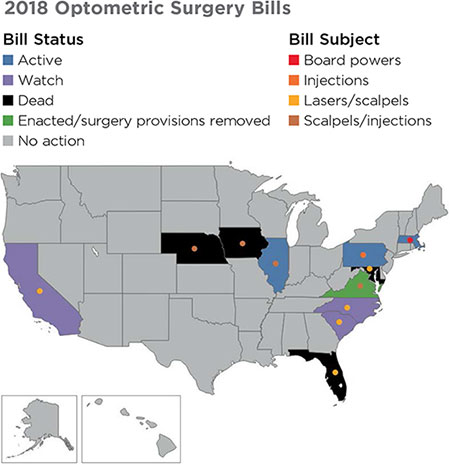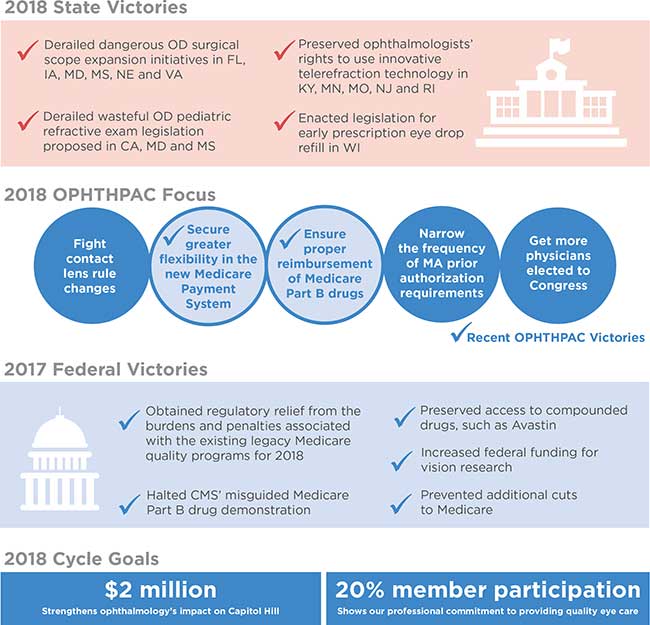“The practice of medicine is an art, not a trade; a calling, not a business; a calling in which your heart will be exercised equally with your head.” — Sir William Osler
If you remember only one thing from this article, let it be this: you have made a wise choice to pursue a career in ophthalmology, but this decision is not about you. I remind myself of this each and every day. Now that you’ve completed four years of undergraduate studies and four years of medical school, graduated at the top of your class, accumulated hundreds of thousands of dollars in student loans, excelled at all three USMLE step exams and completed tens of thousands of hours of directly supervised training, including hundreds of surgeries and procedures, you have earned something special. You have earned the privilege of serving patients and improving their lives by protecting and improving their vision through medical care and surgery.
As you move through your training, never forget from where you came and how hard you worked to get to this point. Enjoy the process of becoming an eye surgeon each and every day. And know — and this is critical — that becoming a physician and a surgeon is not only about you. It’s also about the people who got you here; it’s about your family, your significant other and your friends, colleagues and mentors. And most importantly, it’s about your patients — each and every single one of them, from the grateful to the challenging.
Each patient trusts you with his or her vision, and each is grateful for your years of quality education and training. Nearly every week, a patient or family member will hug you, sometimes with tears in their eyes, and express gratitude for what your ophthalmology team has done to save, protect and improve their eyesight.
For some patients, the visual improvements appear miraculous. Their lives will be forever changed, and you, as their eye surgeon, will never forget their joy and gratitude.
I can honestly say that I love my job and thoroughly enjoy going to work each day. What makes ophthalmology such a fulfilling profession is the number of ways in which we can serve our patients. This is why we should be so passionate about advocating for our profession.
First and foremost, strive to excel each day in the clinic and operating room. We have been given awesome responsibilities. In turn, we must do our best to prepare for each surgery, procedure and clinic visit.
Secondly, we must work together with our colleagues in ophthalmology and medicine to give our patients the best possible outcomes. There are many ways to advocate for your patients; some of the most effective means involve collaboration with your peers.
Join your state ophthalmology society, attend the Academy’s Mid-Year Forum as part of the Advocacy Ambassador Program or meet with your legislative representative. By working together throughout the years, ophthalmologists have compiled a long list of legislative successes.
Ophthalmology had several major federal and state victories in 2017, including regulatory relief from penalties, halting a misguided Medicare Part B drug demonstration, preserving access to compounded drugs like Avastin and increasing federal funding for vision research.
Advocating at the state level for patient safety and working together with the Academy’s Surgical Scope Fund have never been more critical. Optometrists are spending heavily, building political capital to include surgical privileges in their scope of practice instead of completing the appropriate medical education and clinical training.

In 2018, 8 states have battled optometric scope of practice efforts. Other states are being closely monitored. Participation by every physician is crucial, whether that consists of signing onto a letter to a state representative, meeting with a legislator, testifying at a state capital or simply donating every year to three funds; OPHTHPAC, the Surgical Scope Fund and your state’s PAC.
We have to work with other physicians, technicians and family members to achieve the best outcomes for our patients; advocating for both our patients and our profession is no different. No one person is an island and we cannot advocate successfully without working cooperatively. With each person‘s participation, we will continue to improve eye care throughout the nation.

* * *
 About the author:
About the author: Darby D. Miller, MD, MPH, is an assistant professor of ophthalmology at Mayo Clinic Florida and a member of the Academy’s YO Advocacy Subcommittee.